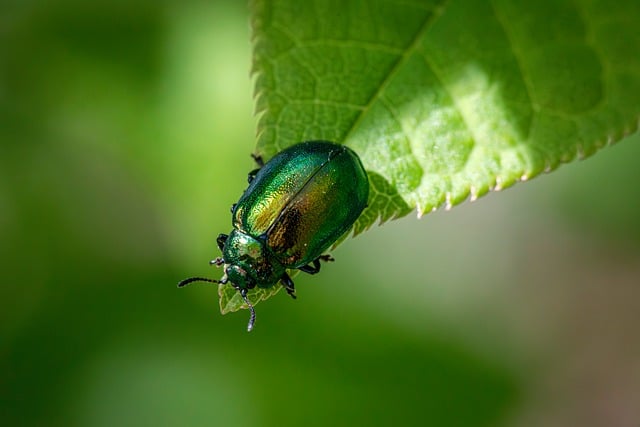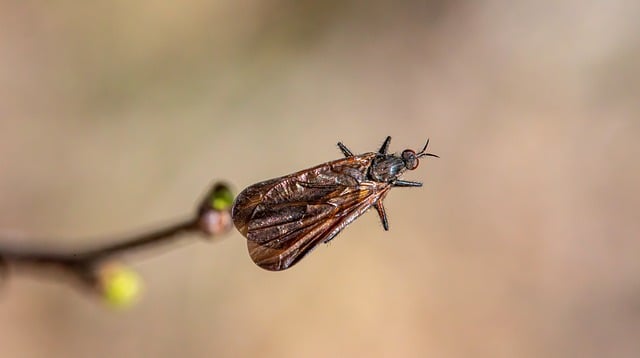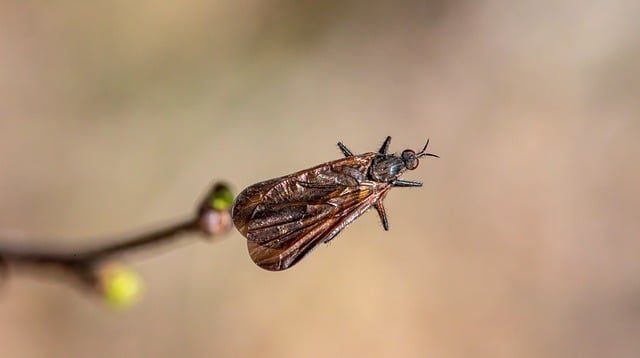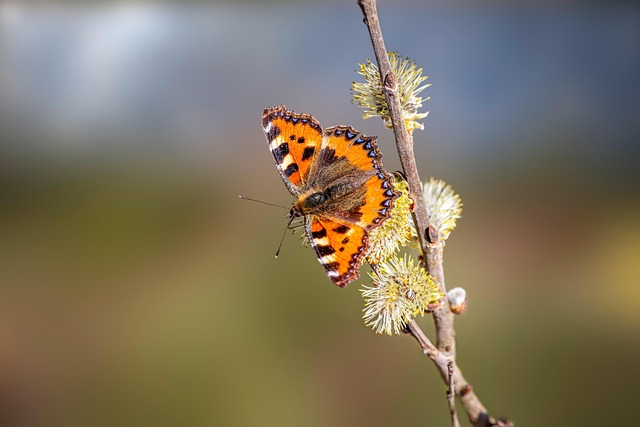Attic infestations pose significant risks to homes and gardens in Castle Rock, leading many homeowners to adopt sustainable pest management practices. By focusing on organic methods like natural predators, neem oil, companion planting, and diversifying habitats, residents protect their vegetable gardens from toxic chemicals while preserving the local ecosystem. After infestations, professionals employ eco-friendly solutions for cleanup, ensuring a safer living environment and minimizing environmental impact. This approach emphasizes a dual strategy: physical removal of infested materials and adoption of organic practices to create a balanced, pest-deterring ecosystem that promotes healthy plant growth.
Attics, often overlooked spaces, can become breeding grounds for pests, causing significant damage to your home. Understanding attic infestations and their impact is the first step towards effective prevention. This article delves into sustainable pest management strategies tailored for vegetable gardeners in Castle Rock, offering practical solutions without compromising environmental health. Additionally, it explores comprehensive cleaning and prevention techniques for attic infestation cleanup, providing a guide to restore and protect your sanctuary from these unwelcome intruders.
- Understanding Attic Infestations and Their Impact on Your Home
- Sustainable Pest Management Strategies for Vegetable Gardens in Castle Rock
- Effective Cleaning and Prevention Techniques for Attic Infestation Cleanup
Understanding Attic Infestations and Their Impact on Your Home

Attic infestations are not just an annoyance; they can have severe consequences for your home’s structure and value. Pests like rodents, termites, and insects can quickly multiply in the dark, secluded attics, causing significant damage over time. These intruders not only eat through insulation and wooden beams but also leave behind droppings and webs, leading to poor indoor air quality. In Castle Rock, sustainable pest management is a top priority for homeowners, especially when it comes to protecting vegetable gardens nearby. Traditional methods often rely on toxic chemicals, which can be harmful to the environment and human health. However, adopting eco-friendly practices for attic infestation cleanup ensures a safer living space while preserving the local ecosystem.
By identifying entry points and sealing them off, you can prevent future infestations. Regular inspections and prompt action are key to sustainable pest control. Professional services in Castle Rock often employ natural repellents and non-toxic baits to lure and eliminate pests humanely. This method not only reduces environmental impact but also fosters a healthier home for residents and any nearby vegetable gardens, ensuring they can thrive without the interference of harmful pesticides.
Sustainable Pest Management Strategies for Vegetable Gardens in Castle Rock

In Castle Rock, sustainable pest management for vegetable gardens is a growing trend among eco-conscious gardeners. Instead of relying heavily on synthetic pesticides, which can harm beneficial insects and contaminate soil and water sources, organic methods are being embraced. These include introducing natural predators like ladybugs and lacewings to control aphid populations, or using neem oil, a plant-based insecticidal soap derived from the neem tree, to repel and eliminate pests without damaging the environment. Companion planting is another effective strategy where certain plants, like marigolds and basil, are grown together to deter pests naturally.
Diversifying garden habitats by incorporating flowering plants and shrubs attracts beneficial insects, birds, and other wildlife that play a crucial role in pest control. This ecosystem-based approach not only promotes biodiversity but also strengthens the garden’s natural defenses against pests. Organic cleaning methods after an attic infestation are equally important for sustainable practices. Professional services specializing in eco-friendly solutions ensure that any remnants of pests or chemicals are safely removed, minimizing environmental impact and promoting a healthier living space.
Effective Cleaning and Prevention Techniques for Attic Infestation Cleanup

Effective Cleaning and Prevention Techniques for Attic Infestation Cleanup
When addressing attic infestation cleanup, a comprehensive approach combining thorough cleaning and sustainable pest management is essential. Start by meticulously removing all debris, insulation, and any infested materials from the affected areas. Employing eco-friendly cleaning solutions and equipment can mitigate environmental impact while ensuring effective disinfection. Properly dispose of contaminated items according to local regulations to prevent further spread.
For sustainable pest management in vegetable gardens, consider organic and non-toxic methods. Implementing regular inspections, sealing entry points, and using natural repellents like mint or lavender can deter pests. Encourage beneficial insects that feed on garden pests, such as ladybugs and lacewings. Incorporating companion planting strategies, where certain plants naturally repel others, also contributes to a healthier ecosystem, enhancing your Castle Rock vegetable garden’s resilience against infestations.
Attic infestations can significantly impact your home’s integrity, but with effective cleanup and sustainable pest management strategies like those outlined for Castle Rock’s vegetable gardens, you can mitigate these issues. By understanding the causes of attic infestations and adopting eco-friendly practices, homeowners can protect their properties from future damage while promoting a healthier environment. Implementing these techniques ensures a cleaner, more secure living space and contributes to the long-term sustainability of our communities.
